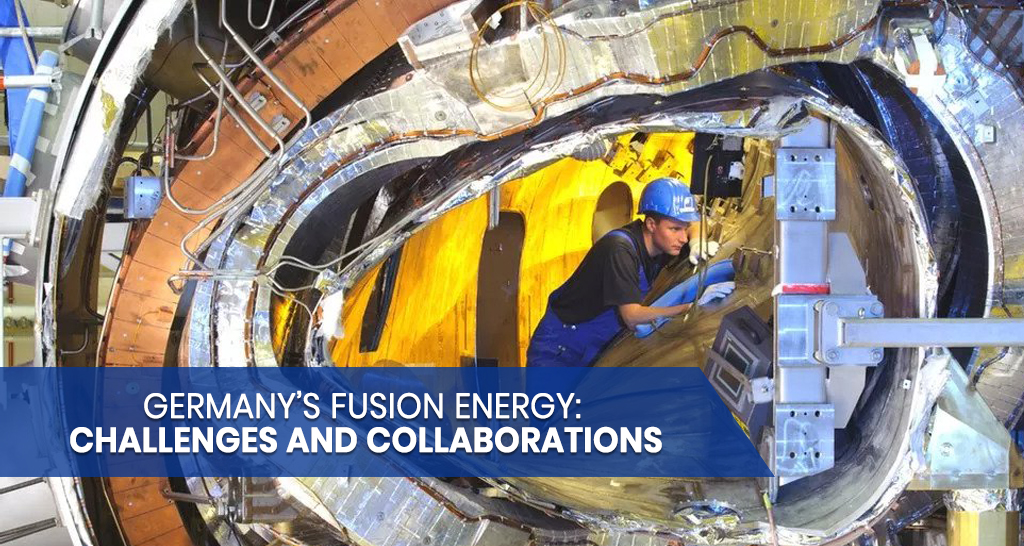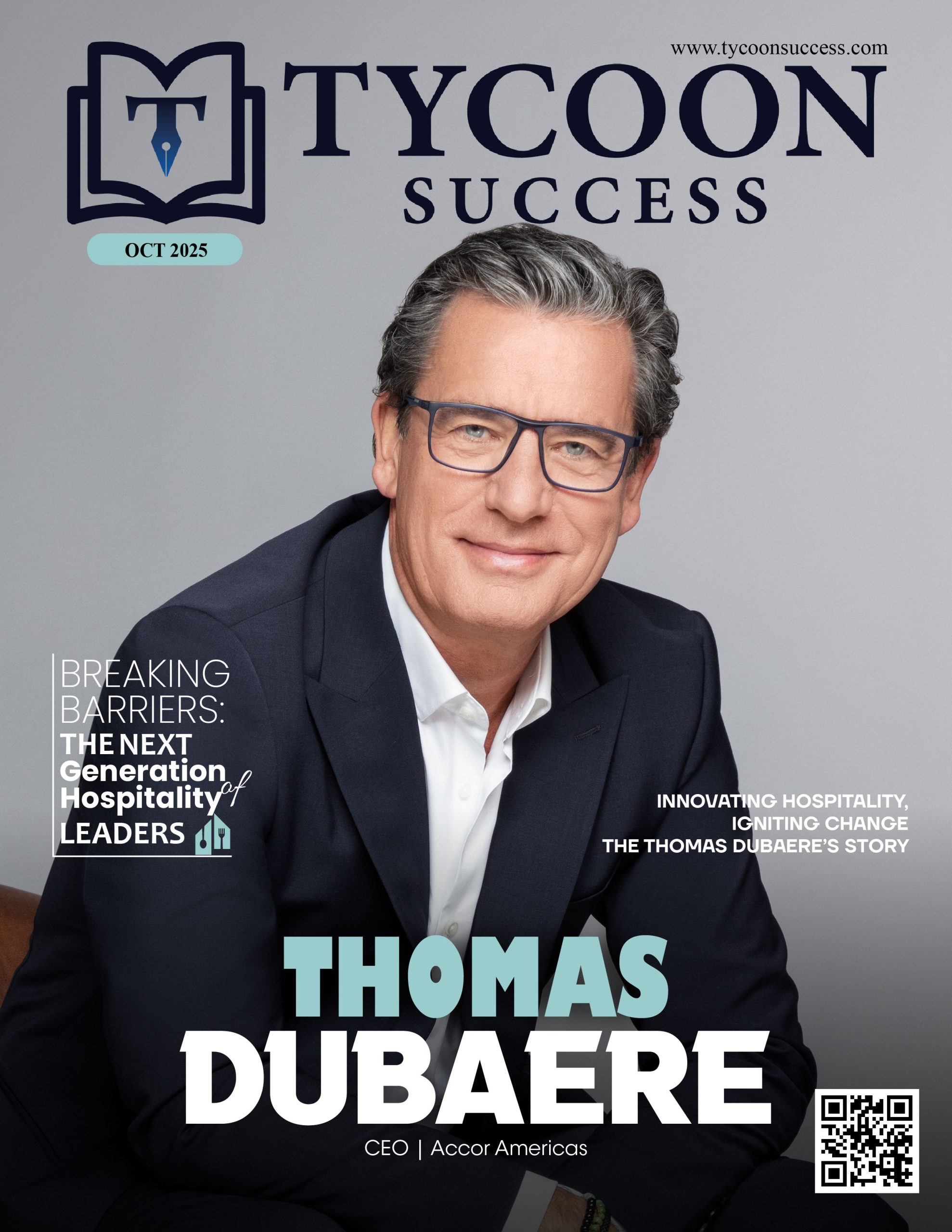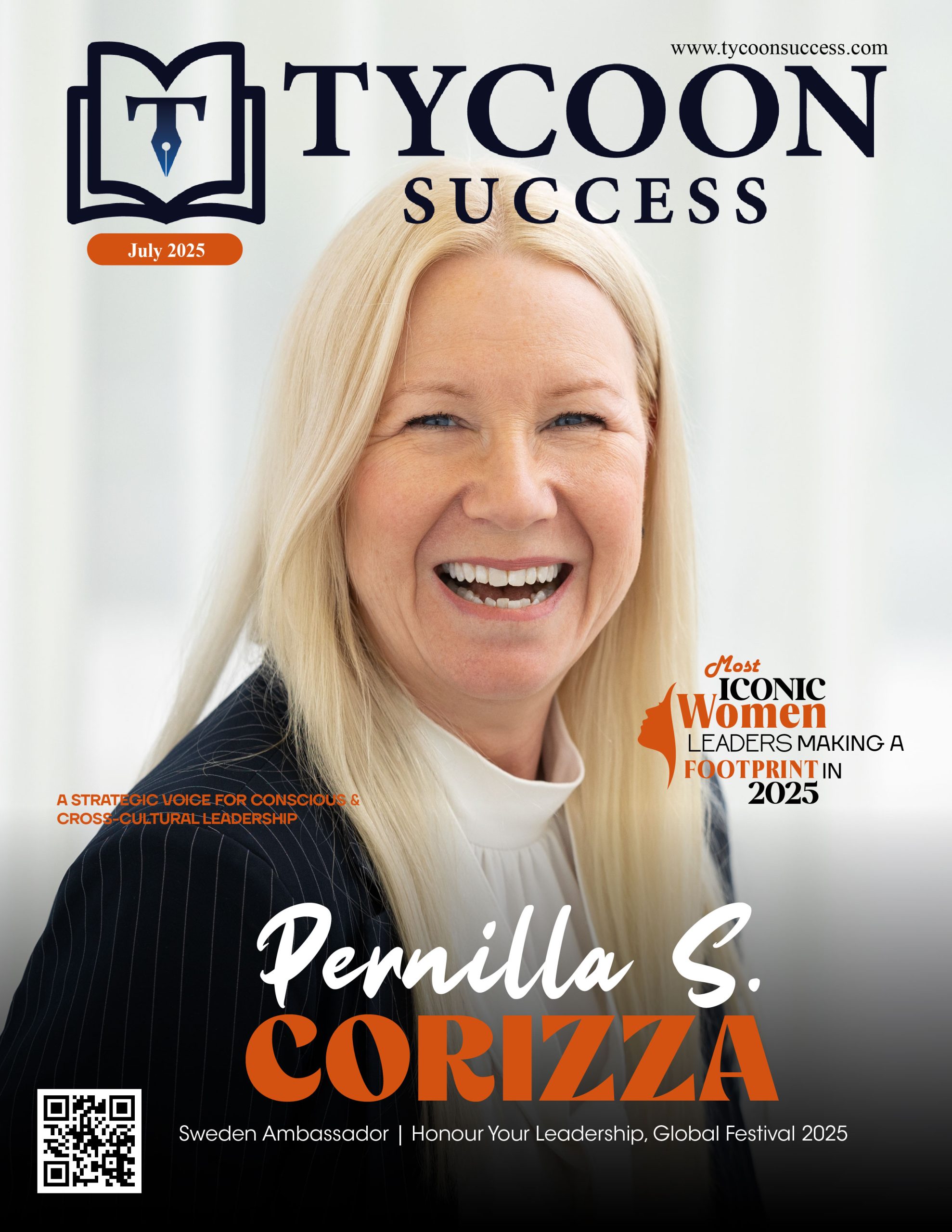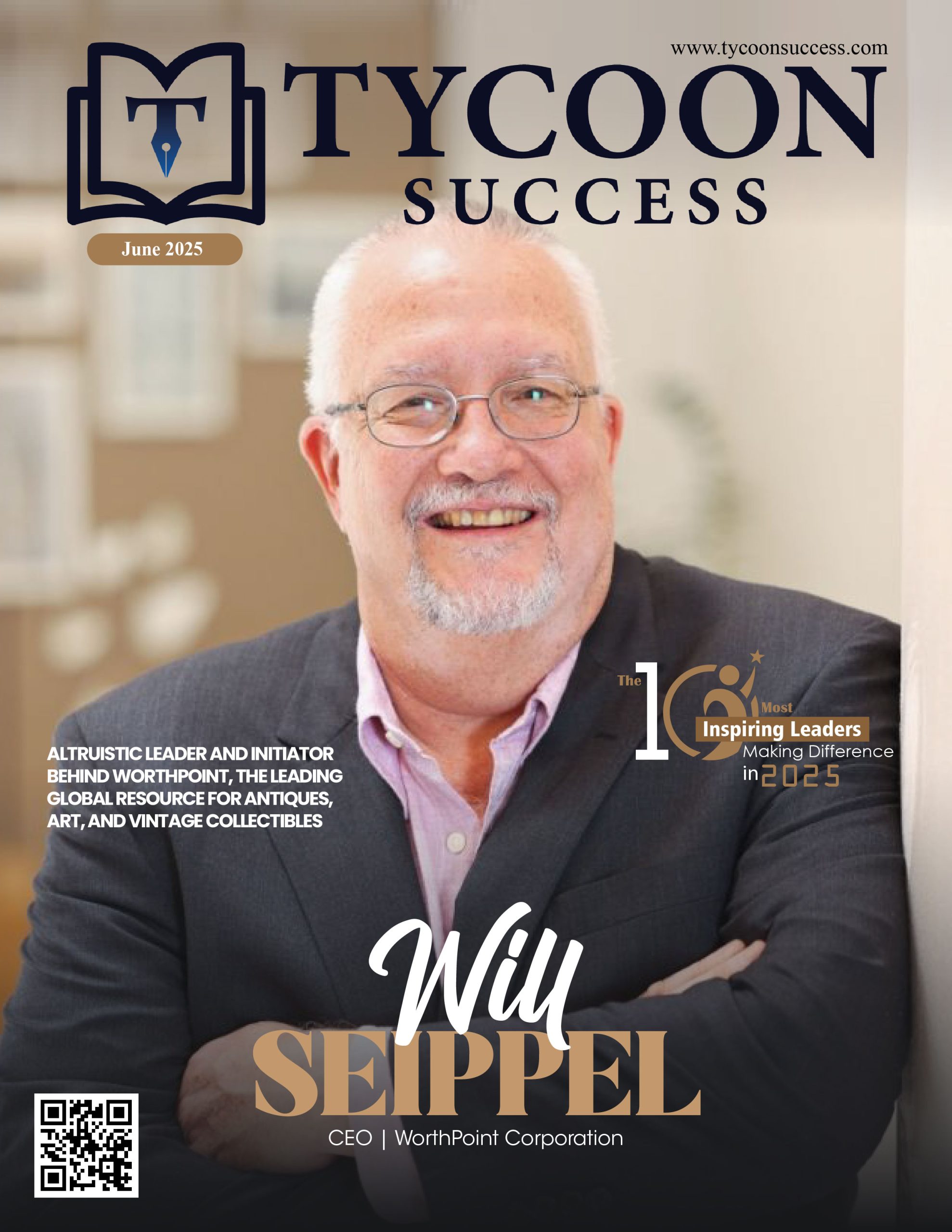Germany recently gave €370 million to study nuclear fusion, which is being touted as a clean energy source for the future. This massive investment, totaling €1 billion for the next five years, shows that Germany is serious about using nuclear fusion for energy. Even though nuclear fusion could provide abundant, cheap, and emission-free electricity, it is tough because we need new and unique technologies that have not been invented yet.
Nuclear fusion makes energy by joining hydrogen particles together, just like the sun. Nuclear fusion could completely change how we get energy worldwide if we can use it on Earth. Making fusion reactions work requires very high temperatures and pressures, making it one of science’s toughest challenges.
Germany is known for being good at engineering, and is ready to face these tough challenges directly. Germany has high-tech labs like Wendelstein 7-X for fusion experiments. It also has top research institutions such as the Max Planck Institute for Plasma Physics and the Karlsruhe Institute of Technology. These German research centers have been crucial in working with other countries to make significant progress in fusion research.
Despite Germany’s strong engineering abilities, critics argue that progress in fusion research has been slow, causing them to miss significant opportunities. Private firms like Marvel Fusion have opted to build their fusion facilities in other countries due to perceived delays and lack of substantial government support. But, German startup companies like Proxima Fusion, Gauss Fusion, and Focused Energy are still hopeful. They have teamed up to work together faster on research and development.
The collaboration between research institutes and private enterprises is seen as a crucial pathway to hasten the integration of fusion power into the grid. Experts like Tony Donne, CEO of EUROfusion, emphasize the need for a collaborative, industry-driven approach akin to the historic Manhattan Project. Such initiatives, facilitated by organizations like the European Commission, could expedite the timeline for fusion reactor development.
When research centers and private companies work together, it is essential. It helps to make fusion power a part of our energy system more quickly. Experts like Tony Donne, who leads EUROfusion, say it is essential for experts and businesses to work together like they did in the famous Manhattan Project. Such initiatives, supported by groups like the European Commission, might make fusion reactors develop faster.
These new advancements in fusion power are exciting, but it is crucial to understand that fusion power plants won’t be ready for use soon. Even in the best situations, these things won’t happen until the middle of the century. Now, it is imperative to find quick and green solutions to reduce carbon emissions and deal with the urgent problems caused by climate change.
Germany is working hard to use fusion energy, showing how much they want a sustainable future. With continued investment, collaboration, and innovation, Germany could help create a new time where the world has clean, endless energy.







